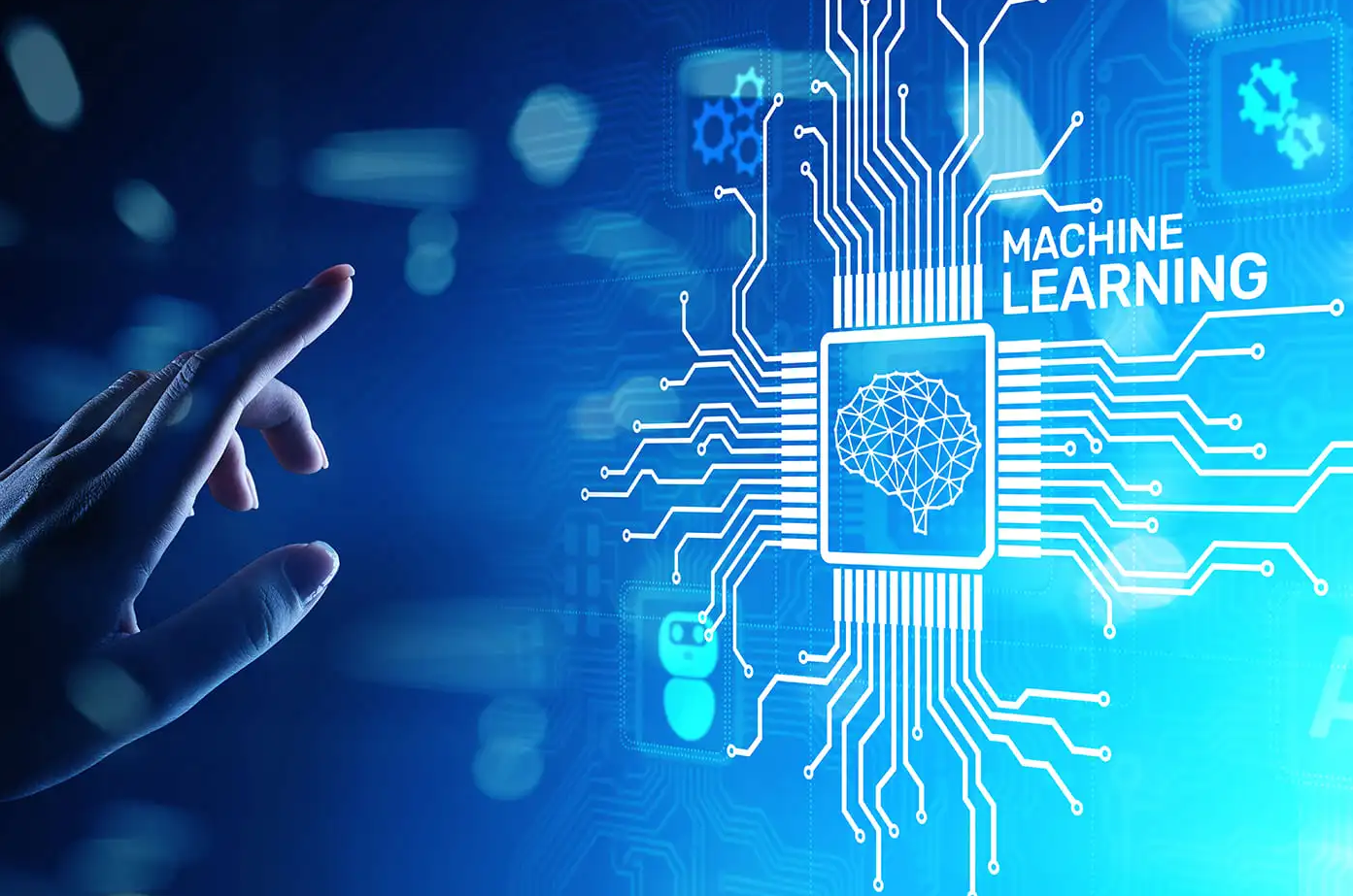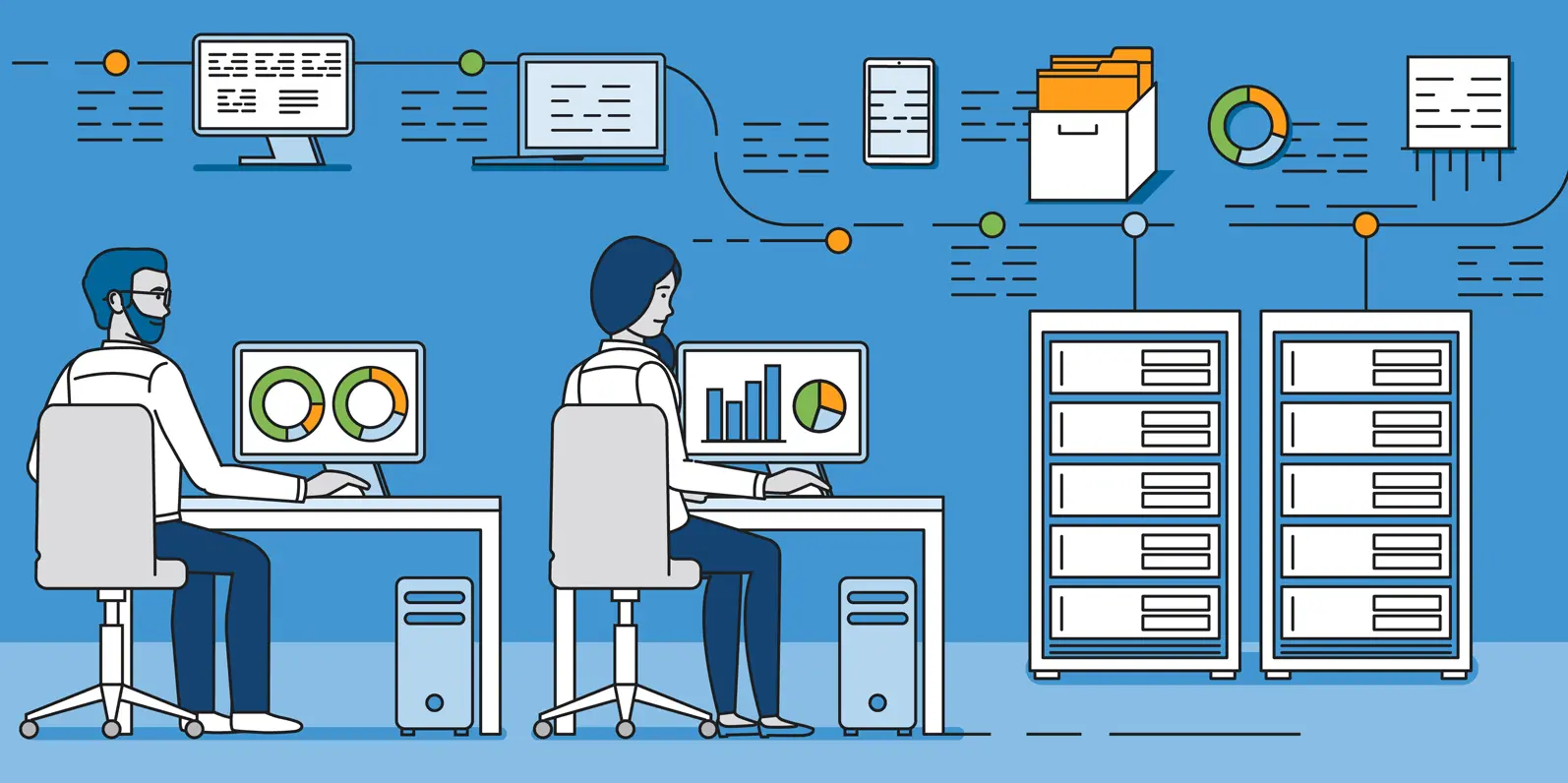Artificial intelligence, in recent years, has changed manufacturing companies’ operations by ensuring a tremendous hike in productivity, efficiency, and quality control. A firm, therefore, can cut several corners and costs to drive competency while achieving greater efficacy. The leader in technology consulting helping this manufacturing firm is Kaay Labs – the industry leader – which allows firms to tap the enormous potential of this technology.
This blog explores how AI-enabled applications transform manufacturing—more specifically, predictive maintenance, inventory optimization, quality control, and operational efficiency.
- Predictive Maintenance: Minimizing Downtime and Reducing Costs
The major problem in production has been equipment downtime. Traditionally, the maintenance schedule could be too frequent and result in unwanted downtime or too rare and culminate in a breakdown with lost production time. AI predictive maintenance overcomes the above challenge by using real-time data and machine learning algorithms to predict when equipment will break down.
Manufacturers can adapt AI systems by engaging in machine learning consulting. Data for the AI is obtained from sensors fitted on the machines. They are sensors that measure temperature, vibration, and pressure. Those parameters are used in AI models to forecast probable failure events. As a result, the company has scheduled the required maintenance only in time, reducing the downtime of its assets while their performance has increased. Hence, companies can enhance their productivity with minimal reduction in cost by establishing a tie-up with the right enterprise application development company that provides them with the integration of predictive maintenance within their systems.
- Quality Control: Increasing Accuracies and Minimizing Scrap
Quality in manufacturing is much needed. Traditional quality control has been labor-intensive and also prone to human error. Improving this process comes through using computer vision and the power of machine learning algorithms that inspect products at a precision level not matched by humans.
Manufacturing can create artificial intelligence quality control systems from machine learning consulting, identifying defects right after an inspection. For instance, AI cameras can be engineered to scan products from an assembly line for defects and signal for correction by the technician. It saves manufacturers from defects occurring before a product departs from production and significantly reduces costs incurred through waste and rework. Its accuracy in quality control allows companies to satisfy customers for consistent product quality.
Manufacturers can customize such quality control systems according to their needs by collaborating with an enterprise application development company. The integration can enable manufacturers to minimize the cost of quality control, sustain high quality, and win the market competition.
- Inventory Management: Managing the Best Stock Levels
In the case of manufacturing, effective production is highly dependent on efficient inventory management. Overstocking and understocking lead to excessive cost increases and schedule disruption during production. These AI algorithms calculate a forecast of demand in a predictive nature, thus leaving ample supplies in the hands of the manufacturer without allowing overstocks to occur.
The AI system considers historical data, market trends, and seasonal variation to predict demand precisely. Through machine learning consulting services, a firm can implement an AI model that adjusts the dynamic levels of inventory. Dynamic optimization minimizes the possibilities of overstocking and stockouts. It is very effective for firms operating under JIT manufacturing since it will reduce the holding cost of a firm and increase its output.
An enterprise application development company can design specific AI solutions for manufacturers to provide real-time inventory levels and demand forecasts. This helps organizations take a data-driven approach towards the decision-making procedure and proper supply chain management with more productivity in their productions.
- Production Scheduling: Throughput and Resource Utilization
It becomes even more complex when production scheduling involves multitasking involving all the tasks involving machine availability, labor resources, and material supplies. AI makes this process easy by analyzing production needs and requirements and optimizing schedules for maximum possible throughput.
This would be helpful for forecasting, resource allocation, identification of bottlenecks, and recommendation of modifications in the schedule as it incorporates real-time data in the production. It will utilize optimum resource usage and prevent idle time, maximizing the output using AI-driven scheduling. It allows the producers to avail the scheduling of production solutions that can work their way into the enterprise workflow as it creates an application that minimizes time lags and brings time consistency to the output produced.
- Supply Chain Optimization: Making Flexibility Easier and Making Cost Reduction Feasible
Supply chain management is an integral part of manufacturing productivity. Any disturbance or time consumption within a supply chain brings production timeliness out of the production schedules, which causes a loss of margins. Thus, through AI-based solutions, companies could optimize all possible steps in their supply chains to raise flexibility in dealing with and responding to issues.
AI enables manufacturers to detect early supply chain potential interruptions from their suppliers, logistics partners, and even market conditions. The manufacturers can use AI systems with machine learning consulting to get real-time visibility into the processes involved in their supply chains. This makes it possible for them to take action in the wake of change while ensuring stable production flow.
- Worker Safety: Maximizing Productivity through the Reduction of Accidents
Worker safety is of the utmost importance in manufacturing, as injury or accident can lead to costly downtime and lower productivity. AI improves safety by predicting hazardous situations and monitoring workplace conditions. For example, AI algorithms can process sensor data, identify risky conditions, and alert workers and supervisors to take preventive measures.
Manufacturers can collaborate with an enterprise application development company to introduce AI-based safety solutions into the manufacturing system, thus making it a safe working place. If fewer accidents occur and the safety practices are sound, manufacturers are likely to achieve higher productivity; in turn, they help develop a safety culture in the organization.
- Robotics and Automation: Accelerating Routine Tasks
Automation can be said to be a high-productivity driver in manufacturing, and AI merely enhances robots’ capabilities, thereby improving automation. While AI and robotics continue to improve, manufacturers can simply apply automation to routine, redundant tasks so that human operators can focus on more advanced tasks. Robots, also possessing some level of AI, now perform assembly, packaging, and material handling with precise speed.
Manufacturers can utilize AI-enabled robotic solutions that learn from their environment, adapt to different tasks, and improve with machine learning consulting. This level of automation increases the degree of production process efficiency and gains in productivity.
Conclusion
Kaay Labs offers fully integrated machine learning consulting services to manufacturing companies so that they can smoothly adopt AI into their business. Adopting AI helps enhance productivity, and manufacturers are then positioned on a more favorable platform to take advantage of a constantly competitive, dynamic industry.




